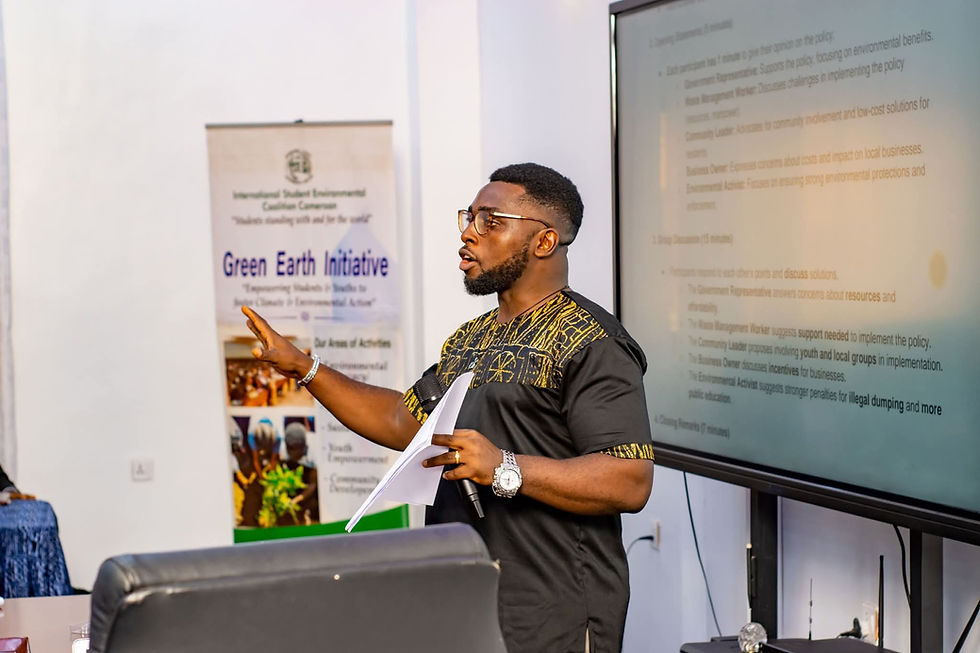Civic Education, Civic Engagement, and Climate Action
- isecoalition
- Oct 30, 2025
- 2 min read
In today’s world, the challenges of climate change demand not only scientific solutions but also informed, active citizens. This is where the connection between civic education, civic engagement, and climate action becomes essential. Together, they empower individuals to understand their rights and responsibilities, participate in public life, and take meaningful steps toward protecting the planet.

Civic education is the foundation of an active and responsible society. It teaches people about their government, their rights, and the importance of participation in decision-making. Through civic education, individuals develop the knowledge and values needed to contribute to their communities. When students learn how policies are made and how their voices can influence change, they are better prepared to address real-world problems such as climate change.
However, knowledge alone is not enough. It must lead to civic engagement, which means putting learning into action. Civic engagement involves participating in activities that improve society — from voting and volunteering to organizing community projects. When citizens engage with environmental issues, they become agents of change. For example, young people can advocate for cleaner energy, promote recycling, or join campaigns to protect forests and water sources. These actions show how civic participation can translate into environmental responsibility.
Ultimately, the goal of both civic education and civic engagement is climate action — practical efforts to combat the global climate crisis. Climate action requires collaboration between governments, communities, and individuals. It is through informed and engaged citizens that societies can push for strong environmental policies, adopt sustainable practices, and create a more resilient future for all.
In conclusion, civic education builds awareness, civic engagement transforms awareness into participation, and climate action turns participation into lasting change. By connecting these three elements, we can nurture a generation of responsible citizens who not only understand their civic duties but also act decisively to safeguard the planet for future generations.
Author : Harrison Ashangwa






















Comments